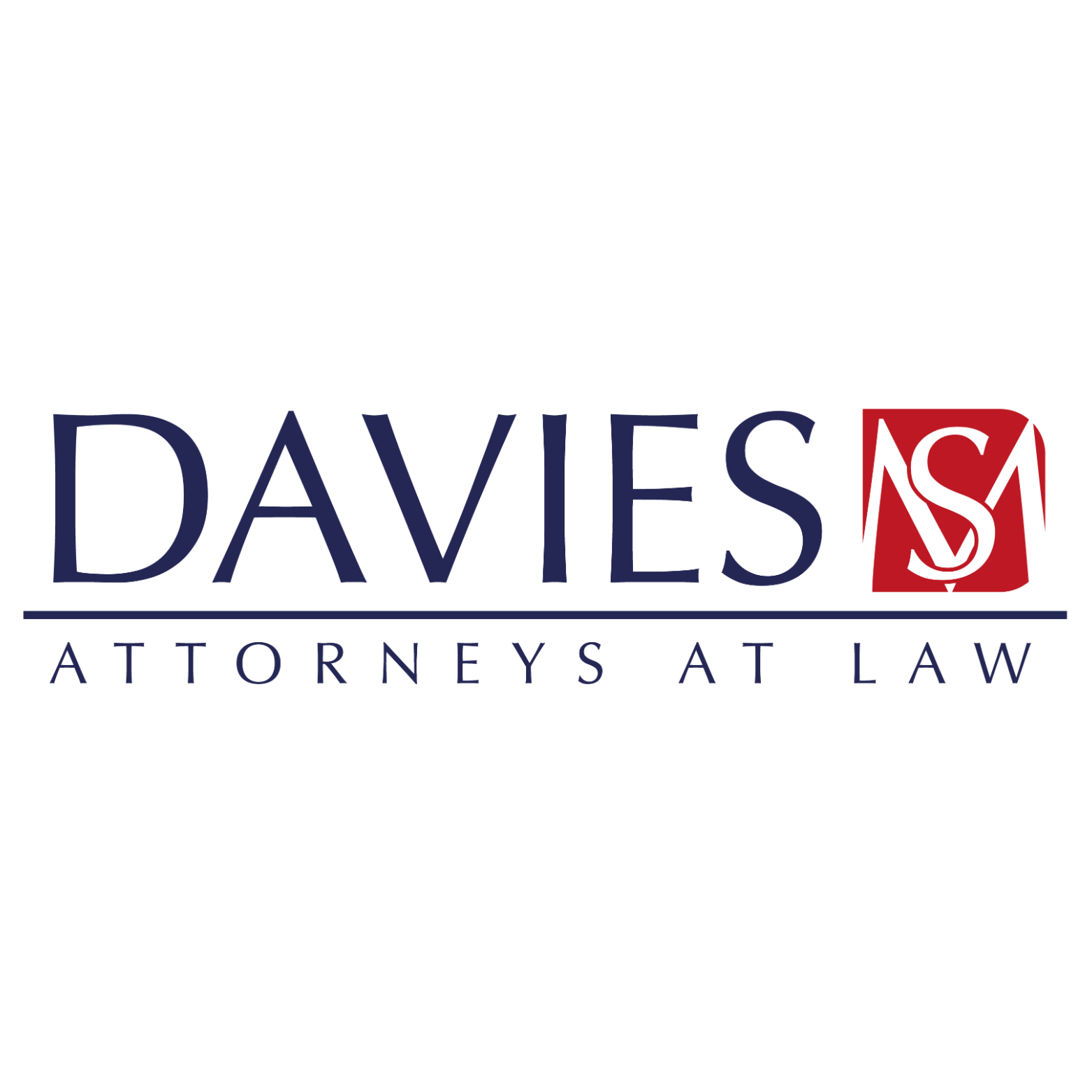Cambodia offers business-friendly regulations that welcome foreign businesses and investors keen on establishing a company, investment or partnership in the Kingdom through attractive investment policy, 100 percent foreign ownership, dollarized economy, low labor cost and competitive corporate tax rate. However, starting a business in Cambodia could be challenging without the proper guidance on the procedure of applying for registration certificate, operating licenses / necessary permits for a business to be fully and correctly incorporated. In this section, we provide some of the pertinent information that may be useful to foreign businesses setting up and operating their companies in Cambodia.
1. Business Location / Office
To get started, a business needs to look for a location where the business activities will be conducted. There are several available options such as commercial buildings (Grade A, B, C), co-working space and SEZ, however, depending on the nature and financial capability of the intended business, some choices may be deemed more viable than the other. Further, rental rates are typically designed to reflect to spacing, functions and visibility of the premise and are categorized as follows:
- Grade A: commonly located in commercial district with high visibility, Grade A offices are equipped with modern equipment and amenities. A recommended choice is Flatiron by Meridien International Holding which is located in the heart of Phnom Penh high-rise commercial area Beoung Kok. Grade A option are priced to be between USD 28 to USD 40 per Sqm.
- Grade B: considered to have adequate systems and finishes that are fair to good, Grade B usually are more than enough to cover the basics for a decent work environment. Price per Sqm for Grade B offices are between USD 18 to USD 29.
- Grade C: usually be found outside a city’s business district and/or in old buildings, Grade C is more suitable for companies with tight budget. Grade C option’s rental is between USD 9 to USD 18 per Sqm.
- Co-Working Space: offer desk space, internet and other office amenities such as printing and photocopy for a daily or monthly fee, co-working space is ideal for small start-up or freelancer that offers a single desk for as low as $60 per month to private offices that cost $350 per month for 4-6 people.
- Special Economic Zone (SEZ): a defined area within Cambodia that is subject to different laws and regulations from those pertaining to other areas of the Kingdom in order to enhance competitiveness and attract investment to Cambodia. SEZ provide preferential incentives to investors and offer government import-export administrative support to facilitate trade such as VAT exemption, import/export duty exemption and free repatriation of profits (for consultancy and details, seek appointment with our partner consultancy companies: RHTLaw Cambodia or VDB Loi. Some well-known options according to their geographical location are Le Urban Eco Park, Phnom Penh SEZ, Sihanouk Ville SEZ, Manhattan (Svay Rieng) SEZ, and Poipet O’Neang SEZ. Rental fee in SEZ could cost between USD 2 to USD 5 per Sqm. Other fee could include infrastructure and waste management fee (fees vary according to the SEZ’s infrastructure, facilities, management and customer service and can be tailored to address customers’ enquiries).
As opposed rental space, any businesses with longer-term objectives that aim at purchasing empty land to build its office / manufacturing plant may consider either entering into a joint-venture partnership (JV) with local partners (foreign ownership must not exceed 49%) or acquire trust service from licensed trustee companies (reach out to Phillip Trustee, a subsidiary company of Phillip Bank, offering Individual and Corporate Trustee service). While going into a JV maybe burdensome and requires lengthy process such as due diligent, it is definitely a possible alternative provided that the company has clear objectives and has identified potential local partners it wants to collaborate with (seek advices on JV or Merger & Acquisition from a Singaporean law firm incorporated in Cambodia named RHTLaw Cambodia or VDB Loi).
2. Online Registration
Business registration could be completed via a new online business registration portal (https://www.registrationservices.gov.kh/), that allows a private limited company to be incorporated at the Ministry of Commerce (MOC), the General Department of Taxation (GDT) and the Ministry of Labor and Vocational Training (MLVT) in one streamlined process. While conventional registration requires registering business to have a physical address, alternatively, companies can gain a head start by resorting to virtual office service which could cost as low as USD 90 per month to register the business ahead of its core team arrival in the Kingdom (required to update the virtual office address to a permanent address in later phase).
3. Bank Account
Upon the registration process at GDT, a corporate bank account will be required. There are plenty commercial banks to choose from but Phillip Bank, the only Singaporean bank in Cambodia, is the recommended option for its innovative banking system including e-banking and digital banking, trade finance, profit / dividend remittance, and their global financial presence across Australia, Cambodia, China, Hong Kong, India, Indonesia, Japan, Malaysia, Singapore, Thailand, Turkey, UAE, USA and Vietnam. The most common account type for registration is ‘current account’.
4. Insurance
Business registration is considered completed with the Declaration of Opening of Enterprise at Ministry of Labor and Vocational Training (MLVT). But once it starts operating, every business employing one or more workers must additionally register its business and workers with the National Social Security Fund (NSSF) for the Occupational Risk Scheme (for work-related accidents and occupational diseases) and the Health Care Scheme. Once registered, the business must contribute to NSSF as follows:
- A monthly contribution equivalent to 0.8% of each worker’s monthly average wages (between USD0.40 and USD2.40 per month per worker) for the Occupational Risk Scheme.
- A monthly contribution equivalent to 2.6% of a worker’s monthly average wages (between USD1.30 and USD7.80 per month per worker) for the Health Care Scheme.
Other type of insurance that may be required depending on the nature of the business (manufacturing / construction / mining, etc.) include properties insurance, vehicle insurance, fire insurance, etc. which could be easily acquired at various insurance firm such as Phillip General Insurance.
5. Employment Contract
The Cambodian Labor Law allows legal corporate entities operating in the Kingdom to choose from two types of employment contracts, namely Fixed Duration Contract (FDC) or Specific Duration Contract (SDC) and Undetermined or Unfixed Duration Contract (UDC); click on the names to read in details about each type of contract. FDC must be made in writing, otherwise will becomes a UDC. Furthermore, the Labor Law provides that the labor contract signed with consent for a specific duration cannot exceed a period longer than two years. For detailed advices on foreign employee arrangement including employment contract, employee declaration as well as other fringe benefits related matters, consult with VDB Loi or RHTLaw Cambodia.
6. Accounting and Audit
According to the Cambodian Accounting and Auditing Regulator (ACAR), Cambodia has adopted International Financial Reporting Standards (IFRS) with its own naming version as Cambodian International Financial Reporting Standards for Small and Medium sized Entities (CIFRS for SMEs) and Cambodian International Financial Reporting Standards (CIFRS) for large corporate entities. With the exception of non-profit organizations, public accountability entities and specialized banks are required to adopt CIFRS while non-public accountability entities that meet the audit requirements are required to adopt CIFRS for SMEs or opt to use CIFRS, if preferred. Given the enforcement, all enterprises (except Not-For-Profit Entities) are required to lodge their financial statements with ACAR using ACAR’s E-filing system.
Accounting Requirements
The Law on Accounting and Auditing sets forth certain accounting requirements which includes, but is not limited to the following:
- Enterprises and not-for-profit organizations are required to prepare financial statements within three (3) months following the year-end.
- Financial statements form the basis for fulfilling tax obligations.
- Accounting records must be maintained, and the underlying transactions must be supported by proper documentation.
- Accounting records should be in Khmer language (with some minor exceptions)
- Financial statements should be in Khmer language and include Khmer Riel as a presentational currency (if the entity’s functional currency is a currency other than Khmer Riel).
- Enterprises and not-for-profit organizations are obligated to maintain their accounting records for a period of ten (10) years.
Audit Requirements
All enterprises and NGOs that meet the criteria set out in Prakas No. 563SHV of the Ministry of Economy and Finance must submit their annual financial statements to be audited by an independent auditor. The audit must be carried out by an auditor registered with the Kampuchea Institute of Certified Public Accountants and Auditors (KICPAA). Below are the audit requirements for NGOs and Commercial Entities:
Audit requirements for NGOs:
- Total expenses of above KHR2,000,000,000 (approximately US$500,000)
- Average employee number of above 20
- Should meet all criteria
- If not, financial statements submission on a voluntary basis
Audit requirements for Commercial Entities:
- Annual turnover above KHR4,000,000,000 (approximately US$1,000,000)
- Total assets above KHR3,000,000,000 (approximately US$750,000)
- Average employee number of above 100
- Meet 2 out of 3 criteria
It is essential to comprehend and establish accounting guidelines / practices in the initial years of operation than to rectify in the following years. Failure to comply (during startup or in subsequent years) will result in financial and non-financial penalties. It is advisable that businesses resort to companies providing book keeping and tax services during the initial phase in order to that the company is in compliance with the in-force regulations (VDB Loi is an experienced consultancy firm that offers such regulatory advisory to assist startup businesses to be on the right track).
Note:
- The above information have been compiled from various official and open sources including but not limited to the Ministry of Commerce (MOC), General Department of Taxation (GDT), Ministry of Labor and Vocational Training (MLVT), Ministry of Foreign Affairs and International Cooperation (MFAIC), Council for Development of Cambodia (CDC), among others. It is not meant to be exhaustive, but to provide foreign businesses and investors keen on establishing a presence, investment or partnership in Cambodia with an adequate understanding and appreciation of what it entails to set up and operation a company.
- Use the Business Tools at no charge to estimate business set up costs, or shortlist service providers from the Business Directory to assist your business registration and set up, as well as to filter list of other entities operating the same line of business.
- If you are looking for a more nuanced insight or advice in terms of other indicators / observations not commonly found in publications for a better understanding of how a business or investor can navigate the local environment or seek out collaboration opportunities and trustworthy partners, get in touch with our team at Aquarii. Ask to speak to our CEO if you wish to know why he has decided to make Cambodia his 2nd home, perhaps the strongest testament of his conviction in the potential and opportunities in the Kingdom.






